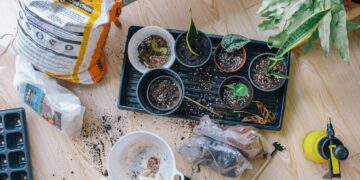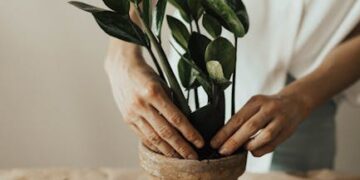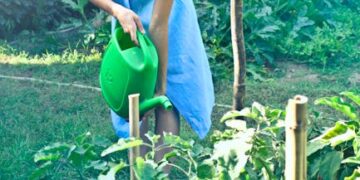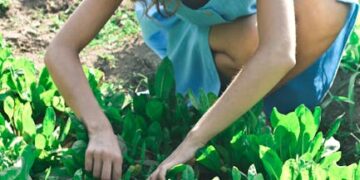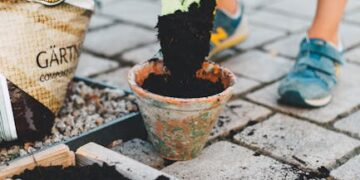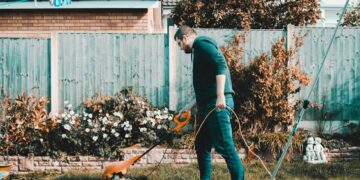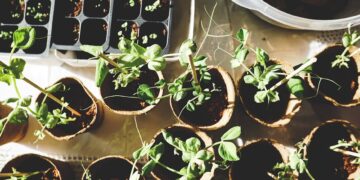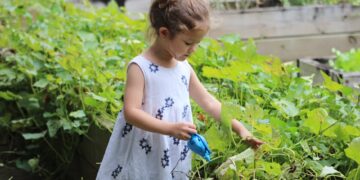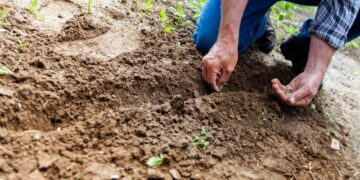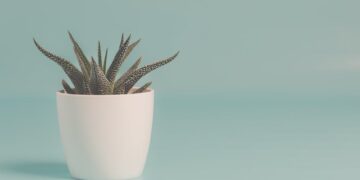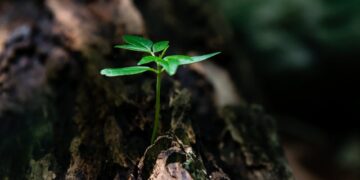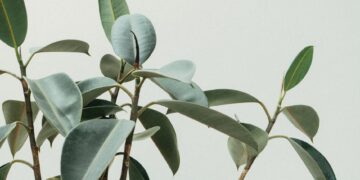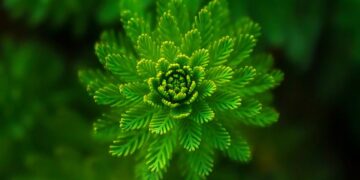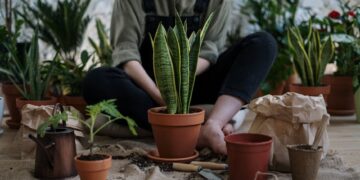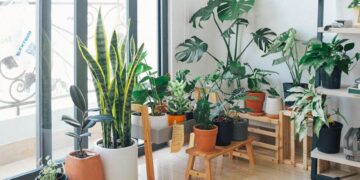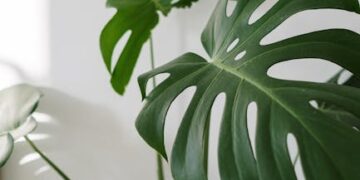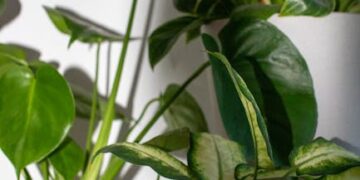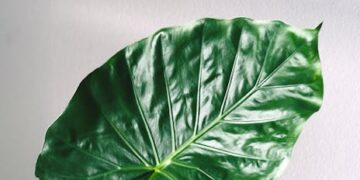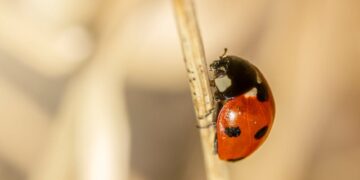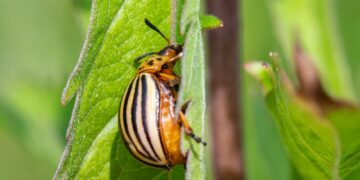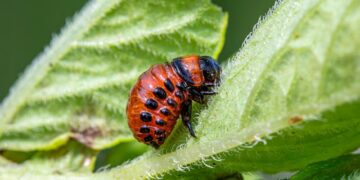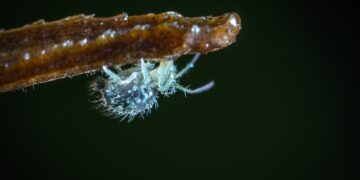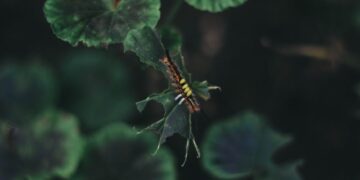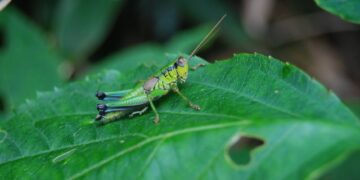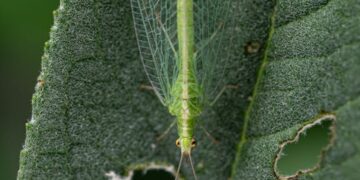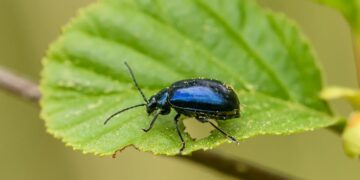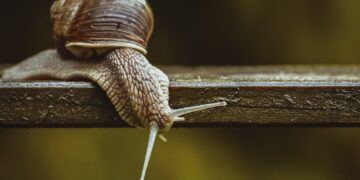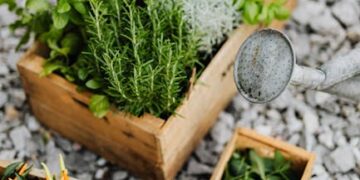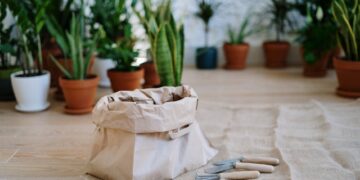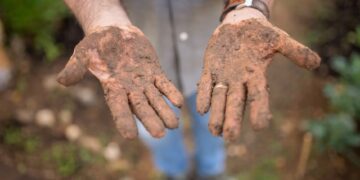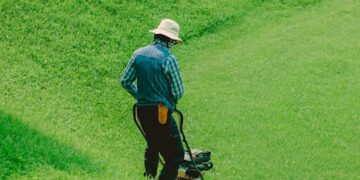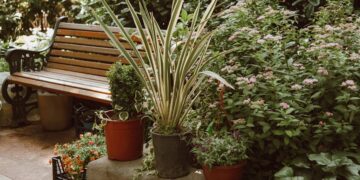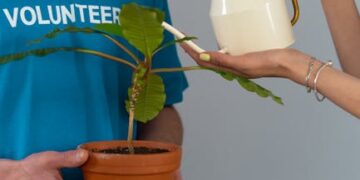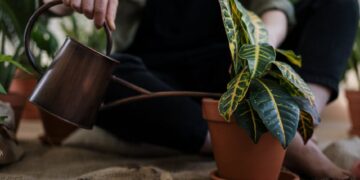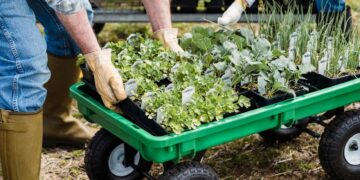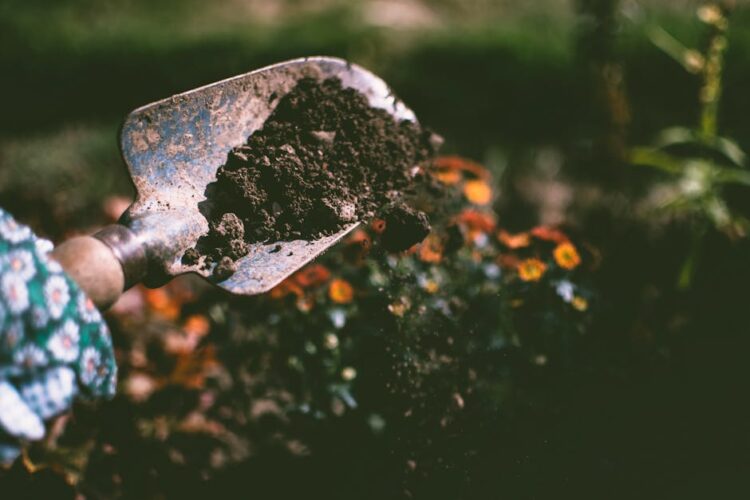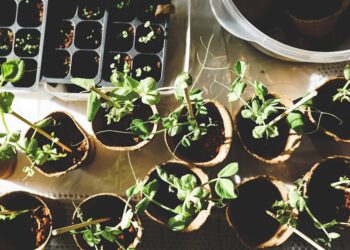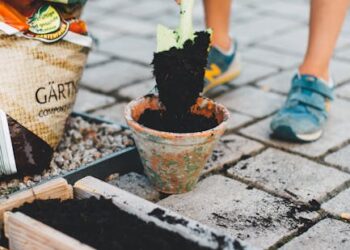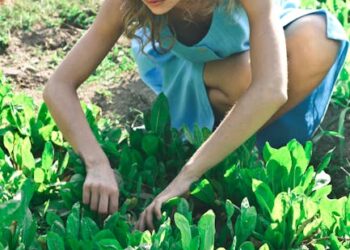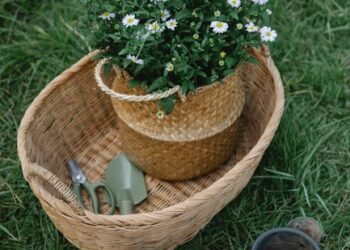Water Conservation in Gardening: Essentials for Greener Horticulture
As we face increasing environmental challenges, the role of water in sustainable gardening has never been more critical. With growing concerns over water scarcity, gardeners around the globe are turning to more water-efficient practices to ensure their gardens thrive while conserving this precious resource. This guide explores simple, effective methods to minimize water use and maximize garden health, making it an essential read for both novice and experienced gardeners.
The Importance of Water Conservation in Gardening
Water is a finite resource, and its conservation is vital not only for the environment but also for ensuring future generations can enjoy the same natural resources we have today. In gardening, efficient water use can lead to healthier plants and reduced utility bills, providing both ecological and economic benefits. Let’s dive into the practical ways to achieve these goals.
Understanding Your Garden’s Water Needs
Know Your Soil
The type of soil in your garden plays a crucial role in water retention and drainage. Sandy soils drain quickly and require more frequent watering, while clay soils hold moisture longer and may need less frequent watering. Amending your soil with organic matter like compost can improve moisture retention and help develop healthy root systems.
Choose the Right Plants
Selecting plants native to your region or adapted to your local climate can drastically reduce water usage. These plants will naturally thrive in your garden’s conditions, requiring less water than those that are not suited to the local environment. Additionally, consider grouping plants with similar water needs together to streamline your watering process.
Efficient Watering Techniques
Timing is Everything
Water your garden early in the morning or late in the evening to reduce water evaporation rates. This timing ensures that the water you apply is used more efficiently by the plants. Moreover, using a watering can or targeted irrigation system like drip lines can greatly reduce runoff and ensure that water goes directly to the plant’s roots where it’s needed most.
Use Mulch Wisely
Mulching is an effective technique to minimize water loss. By covering the soil with mulch, you can keep it cooler and reduce evaporation. Organic mulches such as wood chips or straw not only retain moisture but also add nutrients to the soil as they decompose.
Smart Irrigation Systems
Invest in a smart irrigation system equipped with timers and moisture sensors. These systems can optimize water usage by automatically adjusting the watering schedule based on rainfall and soil moisture levels, ensuring that your garden only receives water when necessary.
Harvesting Rainwater and Other Sustainable Practices
Catch and Store Rainwater
Setting up a rain barrel is a simple and effective way to capture rainwater from your roof. This not only reduces your reliance on municipal water supplies but also provides you with a free source of water that’s ideal for gardening. Be sure to cover your barrels to prevent mosquitoes and other pests.
Implement Permaculture Principles
Permaculture techniques focus on creating sustainable and self-sufficient gardens. This includes designing your garden layout to maximize rainwater capture and retention. Consider features like swales, a type of shallow trench that can help direct and store water within the landscape, or a rain garden filled with water-loving plants to utilize excess rainwater effectively.
Common Questions on Water Conservation in Gardening
How can I tell if I’m overwatering my plants?
Signs of overwatering include yellowing leaves, a soggy base, and mold or algae on the soil. Use a moisture meter or simply touch the soil; if it’s wet below the surface, you might be overwatering. Adjust your schedule and check your irrigation setups for efficiency.
What’s the best way to water deep-rooted plants?
Deep watering at less frequent intervals encourages deeper root growth and enhances plant resilience. Drip irrigation systems are ideal for this purpose, delivering water directly to the base of the plant slowly and deeply.
Actionable Tips to Conserve Water in Your Garden
- Check for leaks: Regularly inspect hoses and fittings for leaks to avoid unnecessary water wastage.
- Upgrade to water-efficient nozzles: Use hose nozzles that shut off when they are released and sprayers that distribute water more uniformly.
- Aerate your soil: Aerating helps improve water penetration and reduce runoff.
Conclusion
Water conservation in gardening is about being smart, not sparing. By understanding your garden’s specific needs and employing techniques that optimize water use, you can enjoy a lush, vibrant garden without excessive water use. Remember, each step you take towards efficient water management contributes to a larger effort in preserving our planet’s most valuable resource.

